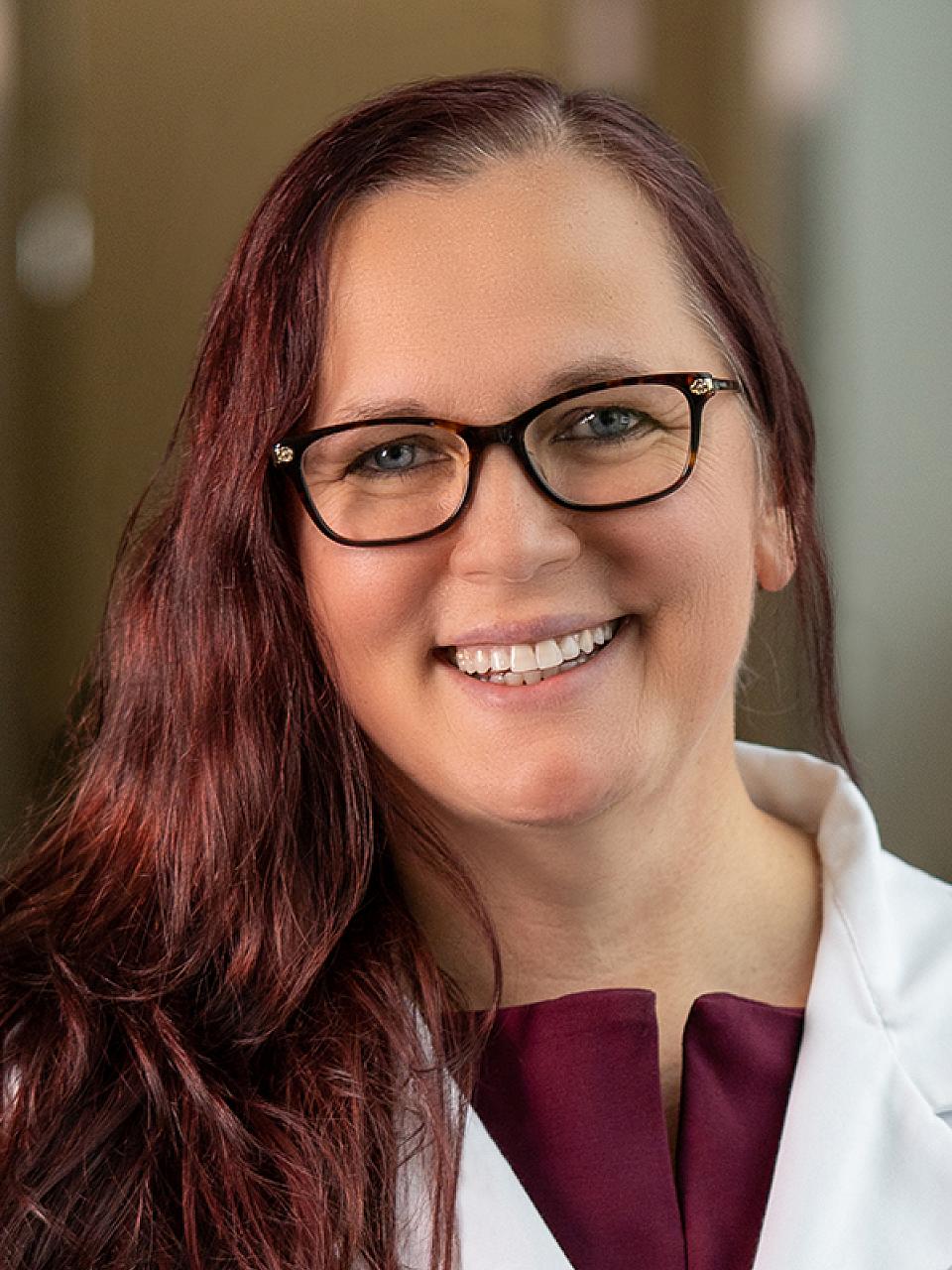Voices of U of U Health
Caring for At-Risk Youth in Utah Correctional Facilities – Part 3 (Oral Health)
This is the third blog in a three-part series about correctional health care for youth. The University of Utah School of Nursing, School of Dentistry, and the state of Utah are paving the way as a model for collaborative, high-functioning levels of care for adolescents in correction systems. Through this partnership, we are elevating standards of physical, mental, and social care.
The mouth is such an intimate part of the body. It is understandable that people get nervous when visiting the dentist. Even simple dental procedures like teeth cleanings or fillings can feel invasive.
But imagine what it’s like for a young person who lives in a stressful environment and may have been a victim of physical or sexual abuse. When they sit down in a dental chair, trust and consent become especially important before a dentist provides care.
Giving Them Agency Over Their Own Bodies
For almost seven years, I have worked with Utah’s Juvenile Justice and Youth Services (JJYS) to provide oral health care to youth in correctional facilities. I often work with nurses from the University of Utah College of Nursing. We coordinate information about the youth, and they let me know about emergencies I need to be aware of.
Communication and empathy are especially important for my Juvenile Justice patients. Sometimes the kids catch me off guard with a joke—they have a wicked sense of humor. Other times, they use vulgar language because when they get stressed, that’s what comes out. I don’t take it personally.
A lot of these kids experience hardship and have little control over their daily lives. Giving them some agency over their own bodies and saying, “Hey, you tell me what you want to do,” really helps.
If I tell them they need a shot before having a filling, I also tell them why: so the filling procedure doesn’t hurt. That way, they are making the decision about whether or not to use local anesthesia.
It’s my job to tell patients what they need, but sometimes they need to think about it. I’ve had kids tell me that they don’t want a dentist working on them. Some have never been to a dentist. Their parents work multiple jobs, and it’s just not a priority for them.
But they come back later, having thought about it, and want to give it a try. They may have been in pain for a long time and need a tooth extracted. Understandably, their attitude is improved when the pain is gone.
Compassionate Care
These are resilient kids. Many have experienced trauma. Sometimes, when they become very quiet and compliant, I think they might be disassociating. I tell them that it’s important for me to know how they are doing—and they can tell me.
Other times, they might have a flinch reaction when I pick up a dental tool, and I know I need to be more careful with them. I try to find small ways to put them at ease. We have tooth-shaped stress balls that we give out. Having them hold one can help.
Sometimes we put the heavy x-ray apron on them to give them a feeling of security. I show them the tools I’m using so they understand what I am going to do with it. A syringe filled with filling sealant doesn’t have a needle and is not going to hurt.

Brighter, Healthier Future
We know oral health impacts overall health. Many youths in custody have received little or no preventive care—making oral health a leading health care issue in correctional facilities. In partnership with JJYS and the College of Nursing, the School of Dentistry is committed to serving this vulnerable population. With every interaction, we can create a safe, judgment-free space to point these young people to a brighter, healthier future.
